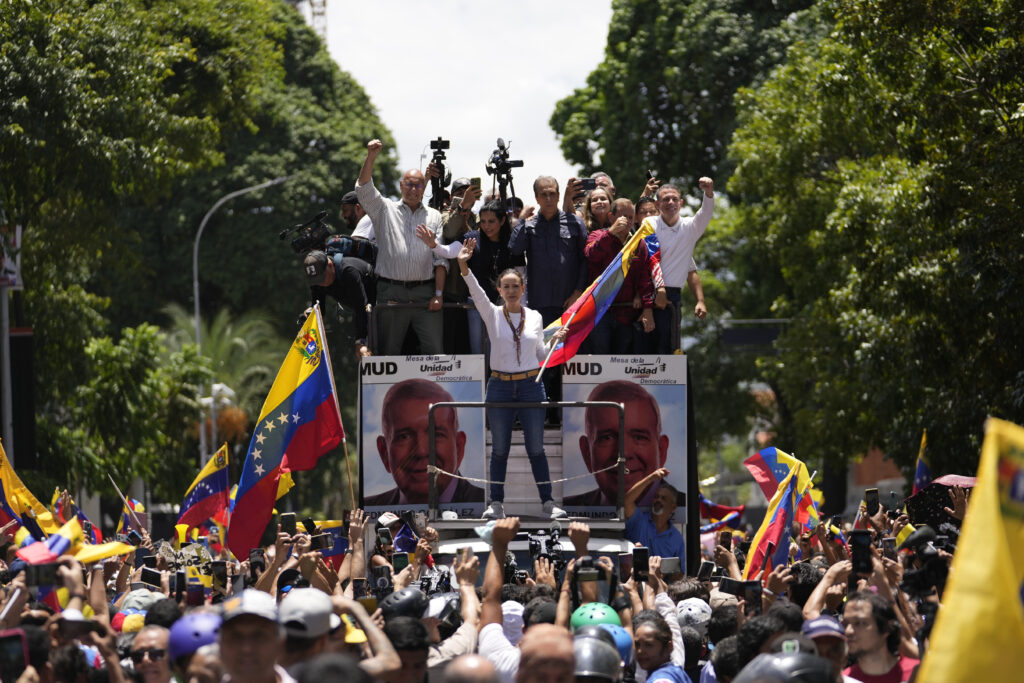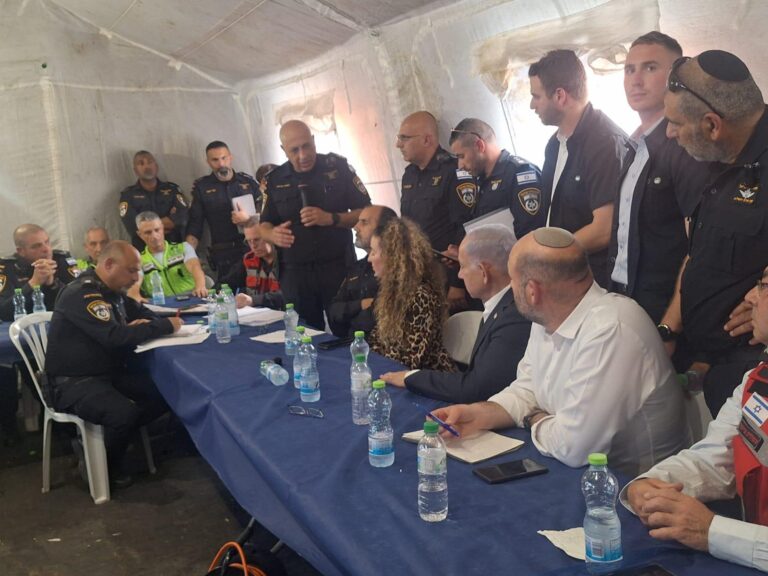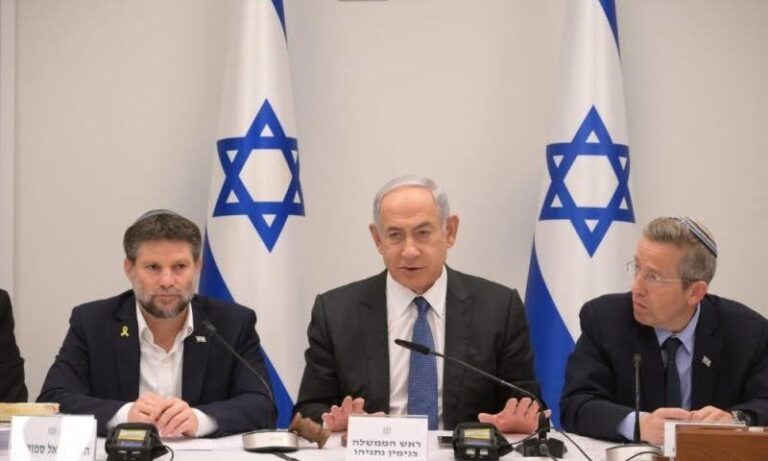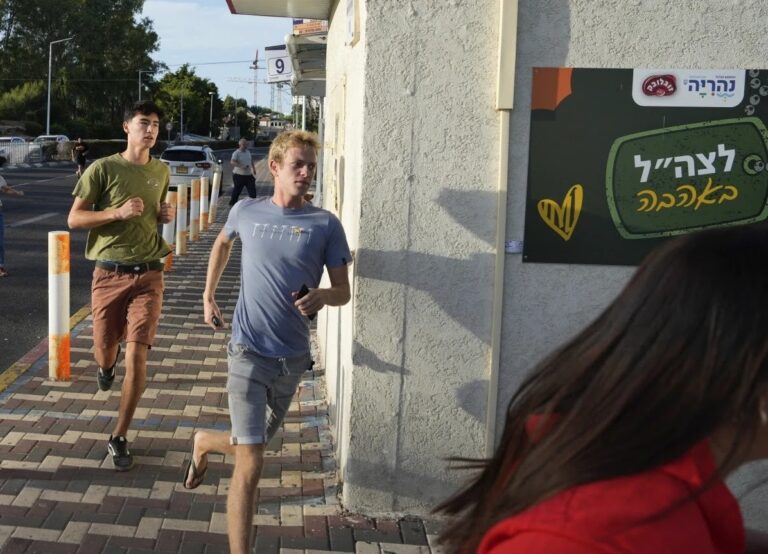Voices across the globe expressed concern Sunday over the growing number of arrests in Venezuela following last weekend’s disputed elections.
Pope Francis said Venezuela is “living a critical situation” in his traditional Sunday remarks at the Vatican, adding, “I appeal to all parties to seek the truth, to avoid all kinds of violence.”
The remarks came hours after Venezuelan President Nicolás Maduro announced Saturday that the government has arrested 2,000 opponents. At a rally in the Venezuelan capital Caracas, Maduro pledged to detain more people and send them to prison.
U.S. Deputy National Security Adviser Jon Finer told CBS program “Face the Nation” Sunday that the Biden administration is worried the arrests could spark wider unrest.
“We are concerned about the prospect of instability, should there continue to be these detentions,” Finer said.
And in a statement, the leaders of several European countries including France, Spain, Germany and Italy said “the rights of all the Venezuelans, especially the political leaders, should be respected during this process. We strongly condemn any arrests or threats against them.”
Authorities have declared President Nicolás Maduro the victor in last Sunday’s election but have yet to produce voting tallies to prove he won. The opposition claims to have tally sheets showing it won.
An Associated Press analysis Friday of vote tally sheets released by the opposition coalition indicates that their candidate, Edmundo González, won significantly more votes than the government claimed, casting serious doubt on the official declaration that Maduro won.
Both González, a former diplomat, and opposition leader María Corina Machado — who was barred by the government from running — have gone into hiding, saying they fear they will be arrested or killed. Maduro and his cadres have threatened to lock them both up.
The government arrested hundreds of opposition supporters who took to the streets in the days after the disputed poll.
Machado braved the threats to speak at a massive opposition rally Saturday in Caracas, but was whisked away afterwards on the back of a motorcycle.
“After six days of brutal repression, they thought they were going to silence us, intimidate or paralyze us,” Machado told the rally. “The presence of every one of you here today represents the best of Venezuela.”
A few hours later, Maduro again threatened to arrest González for not showing up at the electoral council meeting he had been summoned to. The council, like most parts of Venezuela’s government, is completely controlled by Maduro.
“You face serious legal consequences for disobeying the Constitution, the courts and the law,” Maduro said of González.
Maduro also vowed to continue to use a heavy hand against his opponents, saying 2,000 of them have been arrested already.
“This time there will be no pardon, this time there will be Tocorón,” he said, referring to a notorious prison.
On Friday, masked assailants ransacked the opposition’s headquarters on Friday, taking documents and vandalizing the space.
In his long, rambling speech, Maduro issued threats but also called for reconciliation and peace, claiming, “There is room in Venezuela for everyone,” and calling it “the blessed land of opportunity.”
Venezuela sits atop the world’s largest proven crude oil reserves and once boasted Latin America’s most advanced economy, but it entered into a free fall marked by 130,000% hyperinflation and widespread shortages after Maduro took the helm in 2013. More than 7.7 million Venezuelans have fled the country since 2014, the largest exodus in Latin America’s recent history.
U.S. oil sanctions have only deepened the misery, and the Biden administration — which had been easing those restrictions — is now likely to ramp them up again unless Maduro agrees to some sort of transition.
Late Friday, Venezuela’s high court, the Supreme Justice Tribunal, ordered the Maduro-controlled National Electoral Council to hand over the precinct vote count sheets in three days. There have been calls from multiple governments, including Maduro’s close regional allies, for Venezuela’s electoral authorities to release the precinct-level tallies, as it has after previous elections.
The AP processed almost 24,000 images of tally sheets, representing the results from 79% of voting machines.
According to the calculations, the González received 6.89 million votes, nearly half a million more than the government says Maduro won. The tabulations also show Maduro received 3.13 million votes from the tally sheets released.
By comparison, the National Electoral Council said Friday that based on 96.87% of tally sheets, Maduro had won 6.4 million votes and Gonzalez had 5.3 million. National Electoral Council President Elvis Amoroso attributed the delay in filing complete results to attacks on the “technological infrastructure.”
There has been a flurry of diplomatic efforts by Brazil, Colombia and Mexico to convince Maduro to allow an impartial audit of the vote. On Thursday, the governments of the three countries issued a joint statement calling on Venezuela’s electoral authorities “to move forward expeditiously and publicly release” detailed voting data.
(AP)











